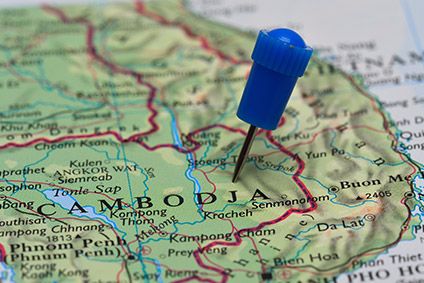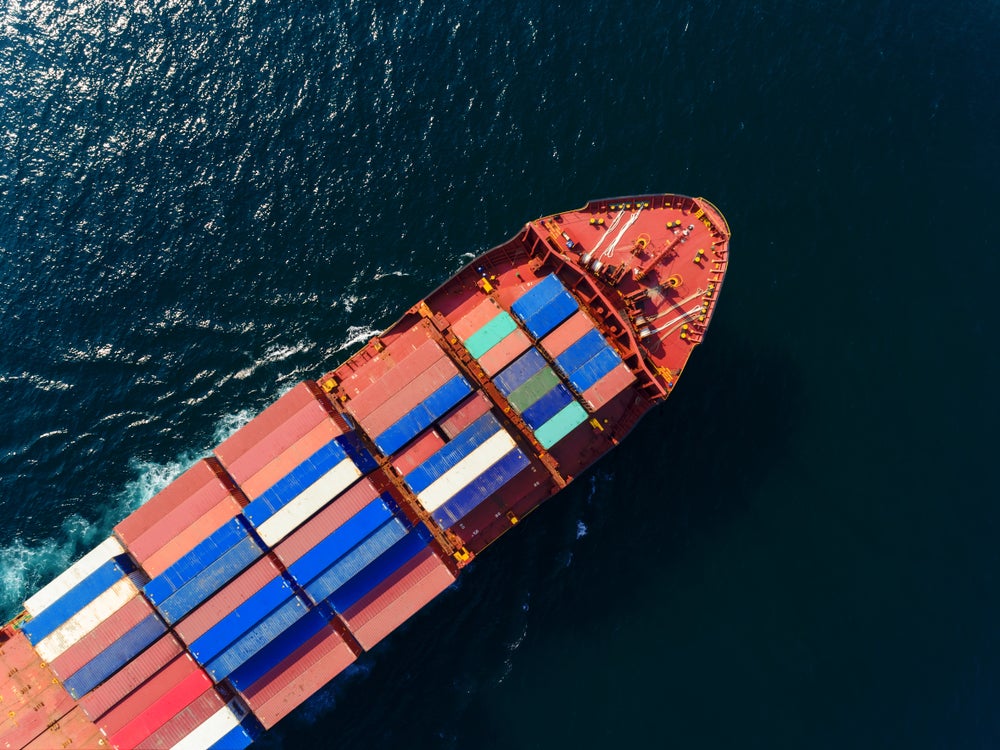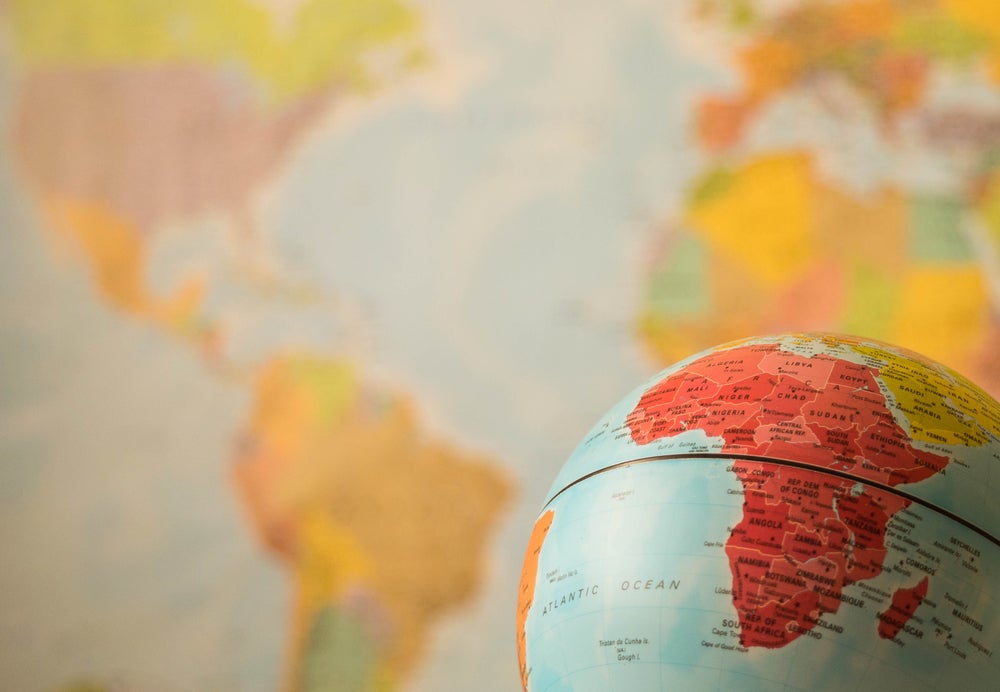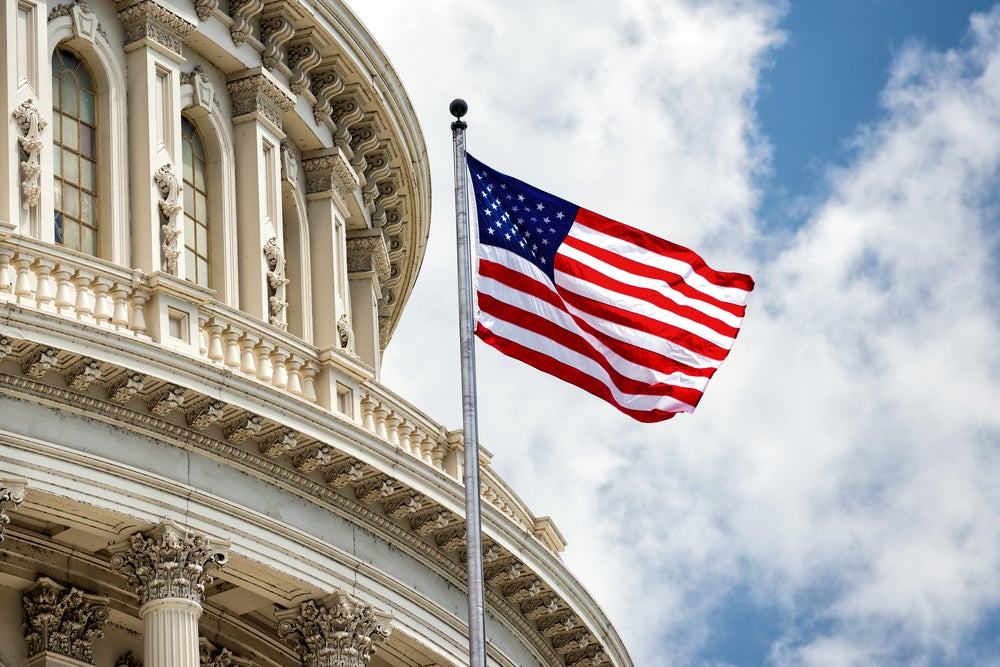
The European Commission has partially withdrawn Cambodia’s preferential access to the EU market, in a move that means from mid-August the country will be charged duties on some garment and footwear products and all travel goods at the WTO’s Most Favoured Nation (MFN) rate.
The withdrawal amounts to around one-fifth or EUR1bn (US$1.09bn) of Cambodia’s annual exports to the EU and will be effective from 12 August.
Until now Cambodia has enjoyed duty-free access to the EU market under the Everything But Arms (EBA) scheme. But in February last year, the EU officially started the process to potentially suspend its benefits over concerns over alleged human rights violations. EBA preferences can be removed if beneficiary countries fail to respect core human rights and labour rights.
In its decision today (12 February), Josep Borrell, high representative for foreign affairs and security policy/vice-president at the European Commission, says: “The duration, scale and impact of Cambodia’s violations of the rights to political participation and to the freedoms of expression and association left the European Union with no other choice than to partially withdraw trade preferences. The European Union will not stand and watch as democracy is eroded, human rights curtailed, and free debate silenced.
“For the trade preferences to be reinstated, the Cambodian authorities need to take the necessary measures.”
See Also:
Commissioner for trade, Phil Hogan, adds: “The European Union is committed to supporting Cambodia’s economic and social development through trade preferences. However, respect for human rights is non-negotiable for us. We recognise the progress Cambodia has made, but serious concerns remain. Our aim is that the Cambodian authorities end human rights violations, and we will continue working with them in order to achieve that.”
How well do you really know your competitors?
Access the most comprehensive Company Profiles on the market, powered by GlobalData. Save hours of research. Gain competitive edge.

Thank you!
Your download email will arrive shortly
Not ready to buy yet? Download a free sample
We are confident about the unique quality of our Company Profiles. However, we want you to make the most beneficial decision for your business, so we offer a free sample that you can download by submitting the below form
By GlobalDataThe EU is Cambodia’s largest trading partner, worth up to EUR5.4bn (US$ 5.9bn) and accounting for 45% of Cambodian exports in 2018. The majority of these consist of garments (74.2%) and footwear (12.6%) – most of which make use of the EBA arrangement.
The EC has tried to mitigate this by focusing on low added-value garment categories – such as T-shirts, underwear, tracksuits and hosiery – for the partial withdrawal of tariffs. It says garment products with higher added value, which require significant training and investment in skills, were excluded, “thus limiting the impact on Cambodia’s overall industrial development.”
The Garment Manufacturer’s Association in Cambodia (GMAC) said via a Facebook post it would “not be making any comment for now” but it would issue a statement 24 hours following the decision.
Previously the body, which represents garment manufacturers in Cambodia, had warned the move would jeopardise the country’s efforts to build a responsible apparel supply chain.
Meanwhile, trade association Amfori, which represents global fashion, textile and retail organisations, says it supports the Commission’s decision. “We are supporting the Commission in this decision as a worthwhile means to improve serious concerns around human rights and social violations in Cambodia…our support underlines our members’ commitment to a strong human rights record in producer countries.”
Amfori president, Christian Ewert, says the findings suggest Cambodia has violated its commitments to The ILO Convention on Freedom of Association and Right to Organise; The ILO Convention on Collective Bargaining; The International Covenant on Civil and Political Rights and; The International Covenant on Economic, Social and Cultural Rights.
“The loss of preferential duty levels will impact our members that source from Cambodia. However, Cambodia’s violations go against our commitment to Trade with Purpose: that trade should have social, as well as economic benefits. Therefore, although I regret the preference removal, I regret the fact that Cambodia’s government did little to prevent it even more so,” says Ewert.
“I hope that the Cambodian authorities recognise that the Commission’s decision shows that the EBA preferences granted by the EU are conditional. That is, that the country complies with basic human and workers’ rights. And I hope that Cambodia reacts by implementing the significant improvements that its people deserve.”
Apparel products affected by the decision fall under the following Harmonised System codes. They will now be charged at the MFN rate which countries import on other members of the World Trade Organization (WTO) that they are not in a free trade agreement with. The standard tariff for clothing is 12%.
The Commission’s decision addresses the human rights violations that triggered the procedure, while at the same time preserving the development objective of the EU trade scheme, it says.
It recognises the need to continue to support Cambodia’s economic development and diversification of its exports. All emerging industries in Cambodia will continue to enjoy duty-free, quota-free access to the EU market. High value-added garments and certain types of footwear will also continue to enjoy duty-free, quota-free access to the EU market.
The decision comes as reports suggest four textile factories in Cambodia may be forced to suspend operations due to raw material supply interruptions from China related to the Coronavirus outbreak.







